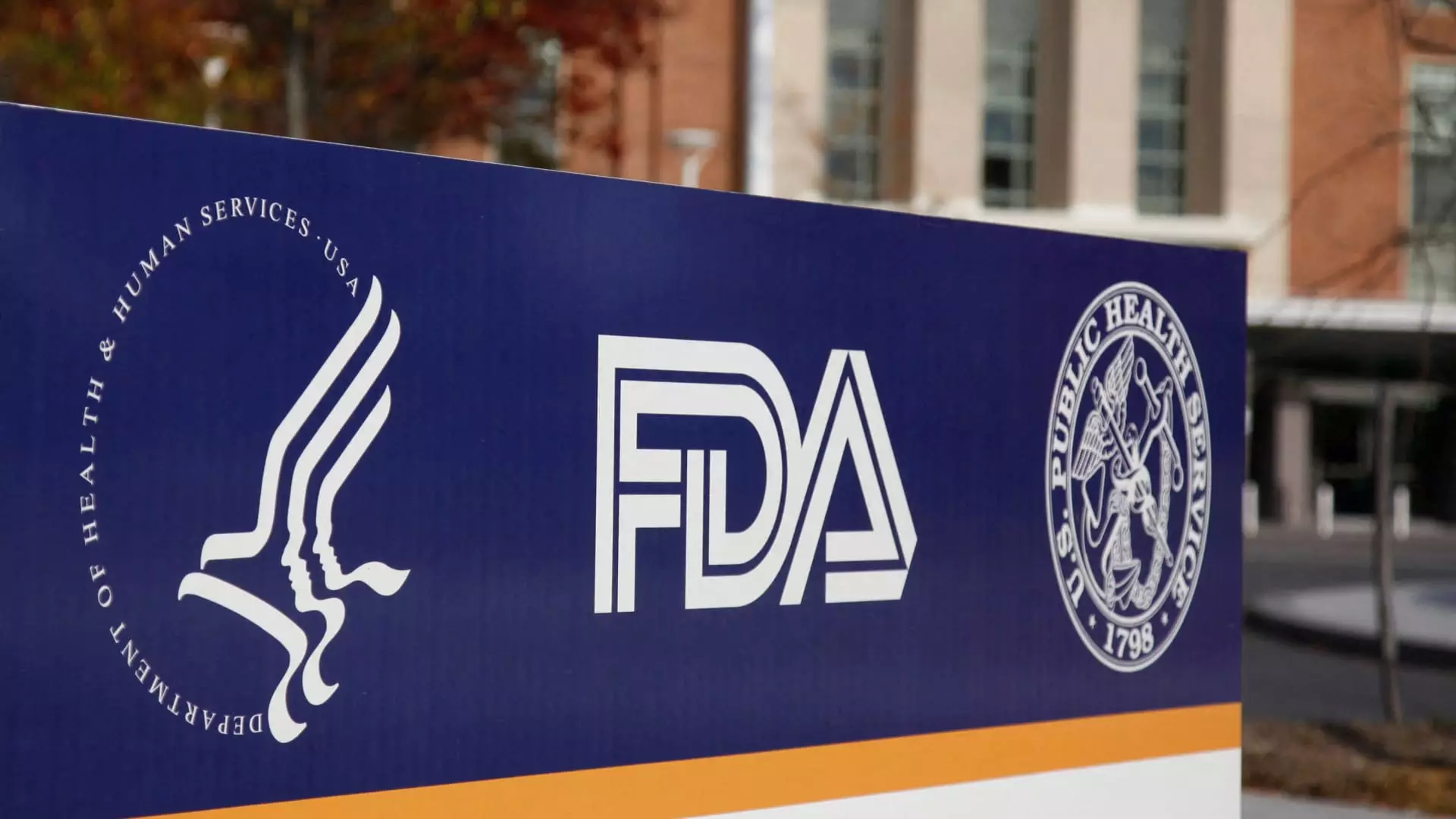The recent upheaval at the Food and Drug Administration (FDA) is nothing short of shocking. Under the plan orchestrated by Robert F. Kennedy Jr., the Division of Learning and Organizational Development (DLOD) has been entirely dismantled, leaving a void that threatens the very fabric of public health education and regulatory expertise. With over 30 staff members laid off, the FDA’s ability to educate both internal employees and external healthcare professionals has been severely hampered. This move not only compromises the agency’s operational efficiency but also raises profound questions about the political motivations driving such drastic cuts.
While Kennedy positions these layoffs as a necessity to streamline and centralize operations within the Department of Health and Human Services (HHS), the reality is far more disturbing. Slashing approximately 10,000 jobs—including 3,500 at the FDA—under the guise of eliminating “unnecessary responsibilities” is an affront to the professionals dedicated to maintaining public health safety. The DLOD was instrumental in equipping healthcare professionals with critical knowledge about drug efficacy, medical device safety, and more. Without such training, the consequence may be a generation of healthcare providers unaware of established best practices, leading to increased risks for patients.
False Assurances Amidst Chaos
Despite HHS’s assurances that essential roles tied to drug and food safety review will remain intact, the dismantling of DLOD suggests a broader agenda to undermine the importance of extensive training programs. It is disheartening and frankly alarming that positions crucial to public health during a time of rising infectious diseases— such as the veterinarians involved in the FDA’s response to bird flu outbreaks—have been sacrificed. The paradox is striking: as public health emerges as a central issue in political discourse, the resources dedicated to it are aggressively cut.
Kennedy’s reassurances regarding reinstating certain personnel and programs are, at this point, nothing more than empty promises. How are we to trust a leader who has demolished a critical training team while projecting an image of goodwill? While the FDA remains under the impression that their operational foundations will remain secure, the absence of the DLOD disrupts the organization’s continuity in training and education. Without these systems in place, chaos looms as employees scramble to find alternate professional development avenues that may not adhere to FDA standards.
The Ripple Effect on Healthcare Professionals
As increasingly complex medical sciences evolve, continuous education stands as a non-negotiable requirement for healthcare professionals. With the DLOD’s closure comes the cessation of vital educational programs that covered necessary topics like opioid safety, emerging infectious diseases, and even revolutionary advancements in artificial intelligence within regulatory decision-making. The discontinuation of these programs puts healthcare professionals at risk of falling behind in critical knowledge areas.
In an environment where few offerings exist to earn necessary licensing credits, the vacuum left by DLOD raises concerns about the ability of healthcare professionals to remain compliant with state and federal requirements. The burden of self-organized education can lead to a disjointed and less effective healthcare landscape. Without a central authority to guide them, professionals may fall into the trap of pursuing off-brand training sessions that lack rigor or alignment with cutting-edge FDA research.
User Fees and Logic Behind the Cuts
Interestingly, the DLOD’s funding stemmed from user fees rather than taxpayer dollars—meaning that its elimination might not even yield significant government savings. This raises the question: why target a committed unit that not only funded itself but also contributed to the professional development of many healthcare practitioners? The arrogance of the administration’s cuts seems further compounded by the reality that one of the few accredited training programs within the FDA is now nonexistent.
Instead of fostering an environment that emphasizes public health competence and continual learning, the current leadership appears more invested in political theater, creating headlines rather than substantive health policies. The gamble of trimming critical educational services in the name of bureaucratic reform risks eroding trust, both internally within the FDA and externally among healthcare providers and the public.
In a democracy that champions the safety and efficacy of its public health initiatives, the obliteration of training and support structures should serve as a clarion call. Protecting the public’s health requires not only oversight but also the empowerment of those on the front lines—the healthcare professionals who rely on the FDA for credibility and guidance. The dismantling of the DLOD represents a precarious fall from grace that could undermine years of progress in health safety and education.

